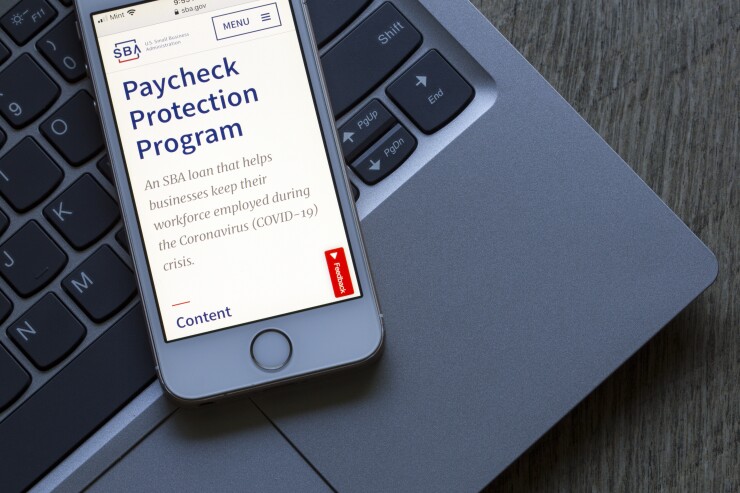Every tax season comes with its own peculiar complications. So, what’s the trickiest new tax detail or law for this season? And how are practitioners handling it?
“Keeping up on everything,” said Helen O’Planick, an Enrolled Agent at HelJan Associates, in Manchester, Pennsylvania. “It’s hard to do continuing education when working 14-plus hours a day.”
Guidance, please
Naturally enough, pandemic-related relief measures are headlining complications this season.
“The PPP loan and various scenarios of forgiven, partially forgiven, potentially forgivable, and not forgiven will create varying paths depending on the client,” said Ann Etter, a CPA and partner at Goodney & Associates, in Northfield, Minnesota. “The options for various payroll credits which apply to Schedule C sole proprietors will also be an interesting part of the tax process this year.
“The EIP payments don’t apply to everyone, but there are likely to be those who didn’t get them who will qualify via a reduced 2020 AGI and those who should have received them who did not and will have to claim them on the 2020 return,” she added.
Local interpretation of federal relief will be one trouble in some states. Brian Stoner, a CPA in Burbank, California, says that simply his state will be trickiest for him. “Because the PPP forgiveness expenses are still not deductible in California,” he said, “plus having to deal with the Affordable Care Act mandate in the state.”
“While we as practitioners were glad to see Congress finally allow the use of PPP funds [as] deductible, it raised issues with the state returns,” added Rob Seltzer, a CPA at Seltzer Business Management in Los Angeles. “As of today, California does not conform to the federal rule change and that brings up a number of problems.”

Among those issues:
- How do you show the difference on the state returns? Just make a one-line adjustment showing the loan amount and increase net income by that amount or reduce the expenses the PPP funds were used for and expect to get forgiven? “Currently there is no guidance,” Seltzer said. “The first option makes the most sense to me, but I’m not sure if we’ll have to wait to get additional guidance from the state tax authorities.”
- If the PPP loan was via a flow-through entity such as an S corporation or LLC, clients could have state estimated tax penalty issues. “Let’s say a client received a PPP loan for $50,000,” Seltzer said. “In California, where most of my clients pay a tax rate of 9 percent or higher, that would mean an increase of tax of almost $5,000 on their personal return. If they thought that they needed to pay in $15,000 for the state to be penalty-proof but didn’t consider this state difference from their federal return, they’d be underpaid by the $5,000 and incur an estimated tax penalty.”
That’s all without mentioning the number of new tax laws that will reveal timeworn problems with clients, such as missing documents.
James McGrory, shareholder at Drucker & Scaccetti, in Philadelphia, foresees complications in partnership returns filed for taxable years beginning on or after Jan. 1, 2020, which must report partners’ capital accounts on the income tax basis.
“If companies haven’t previously kept tax-basis schedules for each partner, these schedules must be created,” he said. “Depending on the age of the entity, this may be a time-consuming process and may require review of many years of prior tax returns, some of which may no longer be available because of record retention policies.”
Power and proof
The issues O’Planick thinks will be trickiest will be the three-year COVID retirement spread for taxes and how to handle the PPP on a state and local level. “For the COVID,” she said, “I’ll want proof that it was an issue, and for the [PPP], I’ll keep haunting the websites of the state/local jurisdictions involved.”
Getting the info on Economic Impact Payments could be a challenge requiring a big step. “I’m planning on getting power of attorney or information authority on most clients and this will allow me to get this on people who do not know or remember or find how much they got,” said Dan Henn, a CPA in Rockledge, Florida.





